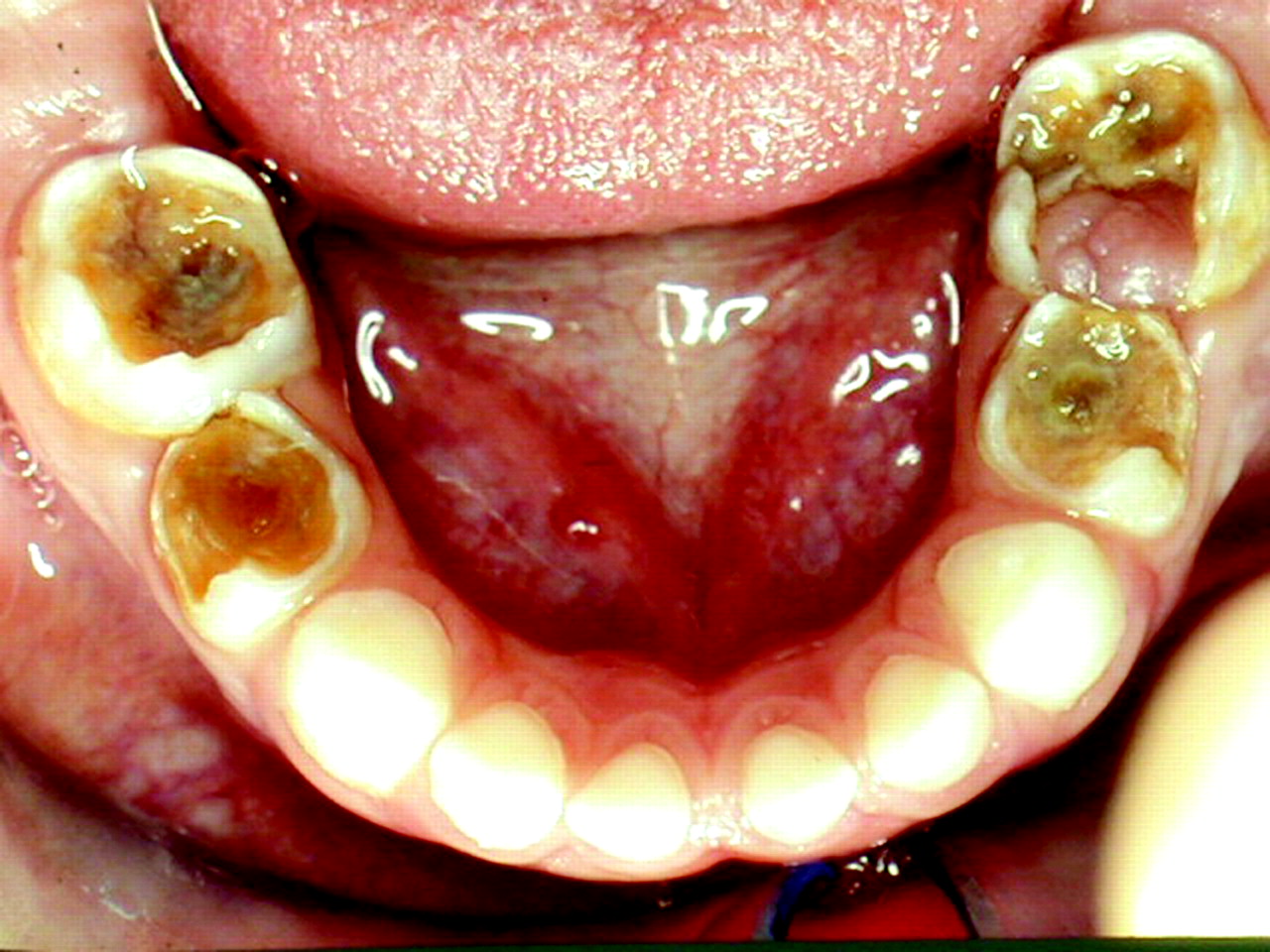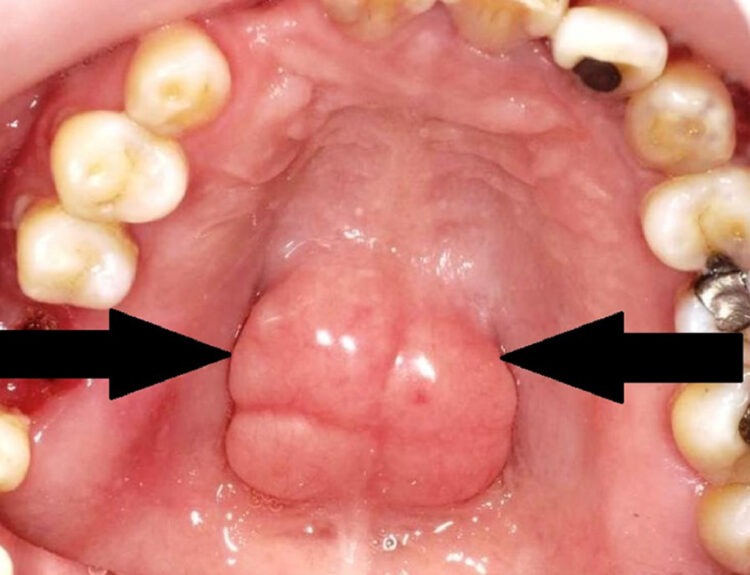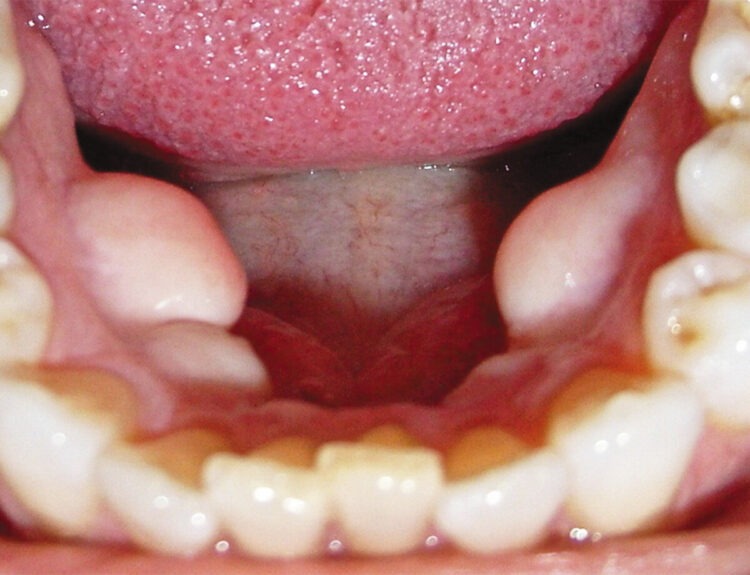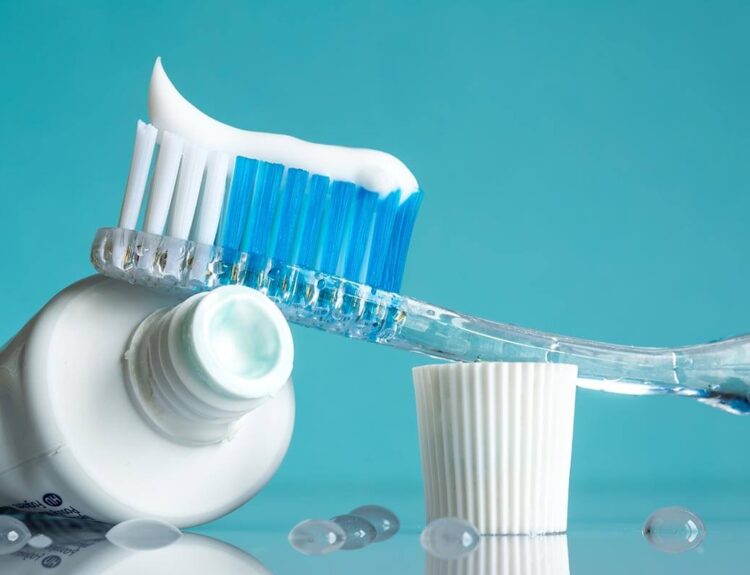Childhood tooth decay or nursing bottle caries, is a prevalent dental condition affecting young children between the ages of 3-5 years. It especially affects those who consume milk or sugary liquids in bottles for prolonged periods. It is a serious oral health concern that can lead to pain, infection, and long-term dental problems.
Causes and Symptoms
It primarily occurs due to prolonged exposure of a child’s teeth to sugary liquids, including milk, formula, fruit juices, or other sweetened drinks. When a child frequently sips on these liquids, especially before bedtime or during naps, the sugars remain on the teeth for extended periods. This leads to bacterial fermentation, producing acids that breach the continuity of tooth enamel. Poor oral hygiene practices, improper feeding habits, and frequent bottle use further exacerbate the problem. Moreover, children who do not receive adequate fluoride exposure are at a higher risk of developing decay.
The first signs of milk bottle caries often appear as white spots or chalky areas on the enamel of the upper front teeth. These early lesions indicate removal of minerals like Calcium from tooth enamel – the demineralization. As the condition progresses, brown or black cavities develop, leading to pain, sensitivity, and difficulty in eating. In severe cases, teeth may become brittle, fractured, or completely decayed, necessitating extractions or restorative procedures. If left untreated, the infection can spread, causing abscesses and impacting the development of permanent teeth.
The lower front teeth are least affected. This is probably because of their proximity to the secretions of the salivary glands as well as the cleansing action of the tongue during the process of suckling the bottle.
Prevention
Early childhood tooth decay is a preventable condition that requires a combination of good oral hygiene, proper feeding habits, and parental awareness. Instead of giving them sugary snacks and foods, parents should encourage healthier alternatives that promote dental and general well-being.
- Parents should discourage prolonged bottle feeding, particularly at bedtime. If necessary, the bottle should contain only plain water.
- Caregivers should gently clean an infant’s gums with a soft cloth before the eruption of teeth and use a small toothbrush once teeth appear.
- Transitioning to a sippy cup by the age of 12 months can reduce prolonged exposure to sugary liquids.
- Limiting sugary drinks and promoting a balanced diet with healthy snacks helps in reducing risk of tooth decay.
- Fluoride strengthens enamel and prevents demineralization. Fluoridated water, toothpaste, or fluoride treatments from a dentist can be beneficial.
- Nuts provide essential nutrients, such as healthy fats, proteins and minerals, that support growth and development.
- Snacking with Unsweetened dairy products, like plain yogurt and cheese, offer calcium and phosphorus, which help strengthen teeth and bones.
- Give Xylitol-containing gums o chew after meals. It will reduce the risk of cavities by neutralizing acids in the mouth and inhibiting bacterial growth.
- Don’t let them eat or drink any thing an hour before going to bed except water.
- Ask them to brush their teeth before going to bed.
Read our full disclaimer.




